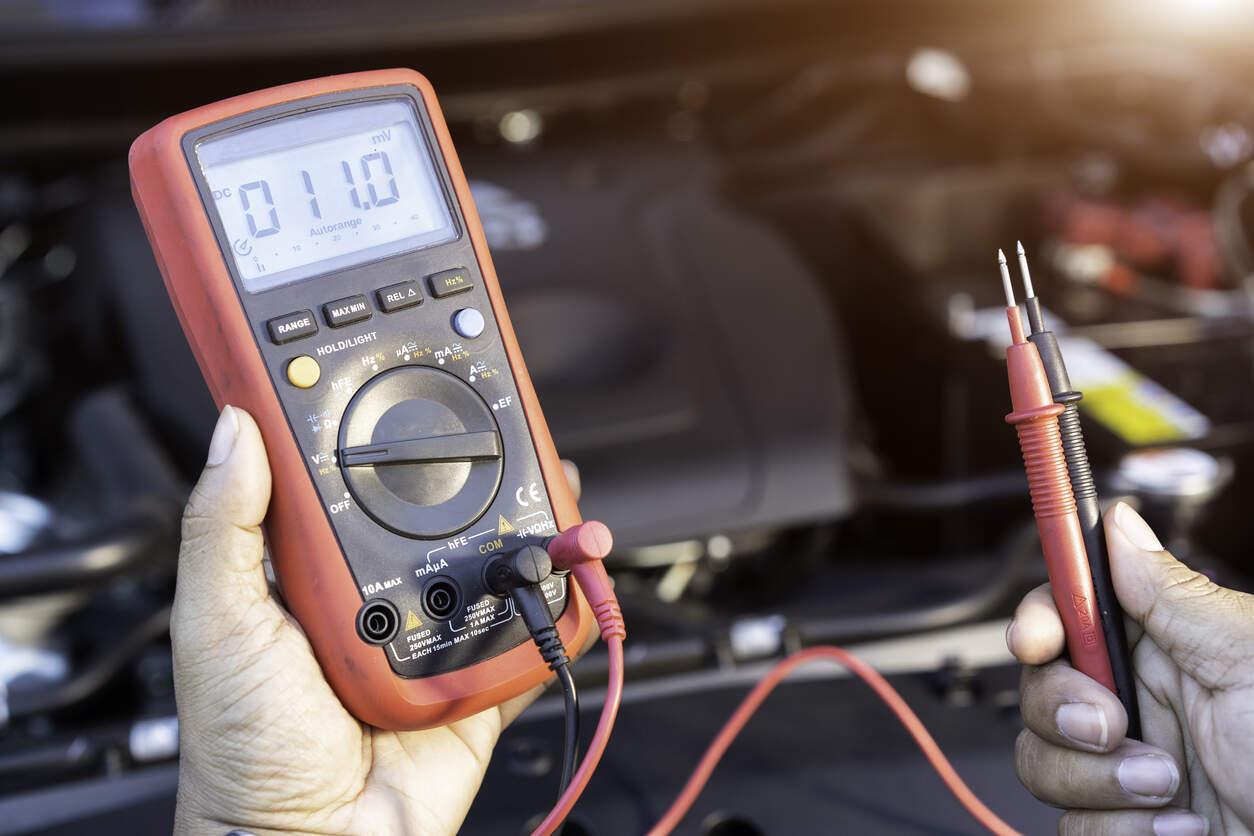Battery Testing Equipment Market Energized by Increasing Production of Lithium-Ion Batteries Worldwide

The battery testing equipment market has become an essential segment of the global energy and electronics value chain. With the rapid adoption of electric vehicles (EVs), increasing reliance on renewable energy systems, and the continuous evolution of portable electronics, the demand for high-performing, safe, and efficient batteries has surged. Battery testing equipment used to validate the performance, durability, and safety of batteries has grown in parallel, becoming a crucial tool for manufacturers, developers, and quality control specialists.
As the market continues its upward trajectory, it is important to understand the core drivers that are shaping its growth. This article explores the key forces propelling the global battery testing equipment market forward and the implications for stakeholders across industries.
1. Electrification of Transportation
The most significant driver of growth in the battery testing equipment market is the global transition to electric mobility. As nations intensify efforts to cut carbon emissions and reduce dependence on fossil fuels, electric vehicles (EVs) have taken center stage in transportation policy and investment.
EV batteries must undergo rigorous testing for energy efficiency, charge and discharge cycles, thermal stability, safety under stress, and compliance with international standards. As automakers ramp up EV production volumes, they increasingly rely on high-throughput and automated battery testing solutions to ensure consistency and performance.
Government incentives, carbon neutrality goals, and tightening emission standards in countries such as China, Germany, the United States, and India are all accelerating EV deployment and by extension, demand for testing systems.
2. Growth in Energy Storage Systems (ESS)
With the expansion of renewable energy, especially solar and wind, energy storage systems (ESS) have become essential to grid reliability. Batteries used in grid-scale storage must function under variable load conditions, extreme weather, and frequent cycling.
Testing equipment ensures these batteries can meet demanding performance expectations. It simulates real-world energy scenarios, measures efficiency degradation, and validates safety under long-duration use. As investment in renewable energy and grid modernization increases worldwide, the ESS sector is expected to be a long-term growth engine for the battery testing equipment market.
3. Advancements in Battery Technology
The battery landscape is undergoing a technological transformation. Beyond traditional lithium-ion, emerging battery chemistries such as solid-state, lithium-sulfur, sodium-ion, and silicon-anode are being actively developed and piloted.
These new chemistries offer benefits such as higher energy density, improved safety, and lower raw material dependency but they also introduce unique testing challenges. Custom testing protocols, updated measurement tools, and adaptable platforms are necessary to validate their performance. This trend is encouraging battery testing equipment manufacturers to innovate modular, scalable systems that can serve both conventional and next-generation technologies.
4. Increased Safety and Regulatory Requirements
Battery failures whether through overheating, leakage, or thermal runaway pose significant safety risks, especially in electric vehicles and energy-dense consumer electronics. Regulatory bodies across regions, including the International Electrotechnical Commission (IEC), the UN Economic Commission for Europe, and national standards agencies, have imposed strict compliance protocols.
Manufacturers must validate products using certified testing equipment that complies with regulations like UN 38.3, IEC 62133, and ISO 12405. This has led to a steady increase in demand for standardized testing systems that provide detailed reporting and traceability, especially among automotive OEMs and battery manufacturers.
5. Proliferation of Consumer Electronics and IoT Devices
The global appetite for smart devices ranging from smartphones and laptops to wearables and Internet of Things (IoT) sensors continues to drive the need for compact, fast-charging, and high-efficiency batteries. These devices operate under tight form factor and energy constraints, requiring precise testing at the component level.
Manufacturers depend on battery testing solutions to validate miniaturized power sources for stability, heat generation, and performance under different usage conditions. This growing sector contributes a steady stream of demand to the battery testing equipment market, especially for high-precision benchtop systems and portable testers.
6. Rise of Battery Manufacturing Facilities (Gigafactories)
The global proliferation of gigafactories large-scale battery production facilities is a structural driver of testing equipment adoption. From North America and Europe to Southeast Asia, new facilities are being developed to meet rising global battery demand.
Each gigafactory requires end-of-line testing systems, quality control tools, and R&D testing infrastructure. As the battery supply chain expands and decentralizes, the need for localized, scalable testing capabilities is expected to further accelerate.
Conclusion
The battery testing equipment market is being propelled by a dynamic combination of macroeconomic, technological, and regulatory drivers. The global shift toward electrification, energy decentralization, and sustainable development is creating unprecedented demand for batteries and testing solutions are central to ensuring these batteries meet the rigorous standards of modern applications.
From EV manufacturing and ESS deployment to the evolution of smart electronics and the introduction of new battery chemistries, the forces driving this market are set to intensify. For manufacturers, investors, and technology developers, aligning with these trends will be key to capturing growth in this critical segment of the energy ecosystem.
- Art
- Causes
- Crafts
- Dance
- Drinks
- Film
- Fitness
- Food
- Juegos
- Gardening
- Health
- Home
- Literature
- Music
- Networking
- Other
- Party
- Religion
- Shopping
- Sports
- Theater
- Wellness
- IT, Cloud, Software and Technology


